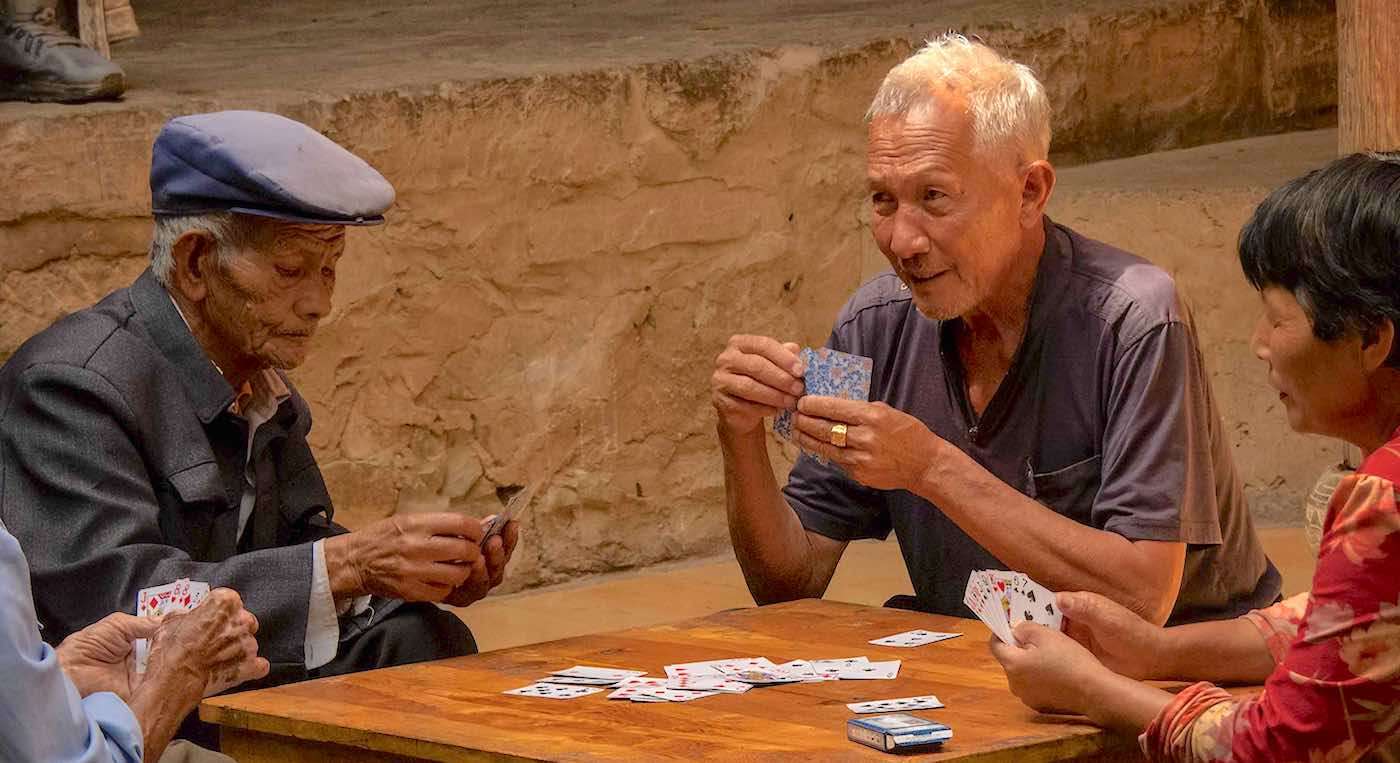Bioengineered Cornea Can Restore Sight to the Blind and Visually Impaired
Researchers have developed an implant made of collagen protein which resembles the human cornea and restored vision to 20 people.

Doing crafts, playing an instrument, or reading a book might help lower your risk of dementia by a significant margin, according to new research.
The meta-analysis reviewed available studies on two million people, comparing the effects of cognitive activities, physical activities, and social activities, to the risk of getting dementia.
The research published in the journal Neurology—the medical journal of the American Academy of Neurology—widely defined leisure pastimes as things people engaged in for enjoyment.
After adjusting for factors such as age, sex and education, researchers found that leisure activities overall were linked to a reduced risk of dementia—especially mental activities.
• Mental activities consisted of intellectual pursuits like reading or writing for pleasure, watching television, listening to the radio, playing games or musical instruments, using a computer and making crafts. Researchers found that people who participated in these activities had a 23% lower risk of dementia.
• Physical activities included walking, running, swimming, bicycling, using exercise machines, playing sports, yoga, and dancing. Researchers found that people who participated in these activities had a 17% lower risk of dementia.
• Social activities mainly referred to activities that involved communication with others and included attending a class, joining a social club, volunteering, visiting with relatives or friends, or attending religious activities. Researchers found that people who participated in these activities had a 7% lower risk of dementia.
"Previous studies have shown that leisure activities were associated with various health benefits, such as a lower cancer risk, a reduction of atrial fibrillation, and a person's perception of their own well-being," said study author Lin Lu, PhD, of Peking University Sixth Hospital in Beijing, China. "However, there is conflicting evidence of the role of leisure activities in the prevention of dementia."
"Our research found that leisure activities like making crafts, playing sports, or volunteering were linked to a reduced risk of dementia."
The team reviewed 38 studies from around the world, which together looked at over two million people who did not have dementia and followed them for at least three years. During the study, 74,700 developed the disease.
"This meta-analysis suggests that being active has benefits, and there are plenty of activities that are easy to incorporate into daily life that may be beneficial to the brain," said Lu.
"Leisure activities may reduce the risk of dementia. Future studies should include larger sample sizes and longer follow-up time to reveal more links between leisure activities and dementia."
This study can't prove that these activities actually cause the lower risk for dementia, only that there may be a connection. A limitation of the study was that people reported their own physical and mental activity, so they may not have reported the activities correctly.
The study, published in the August 10 issue of Neurology, was supported by the Natural Science Foundation of China, China Association for Science and Technology.
SHARE The Encouragement And Organize A Game Night on Social Media…
Be the first to comment